Weird Tales, Vol. II (of 2) by E.T.A. Hoffmann
A compendium of really weird tales written in 1885 by E.T.A. Hoffmann, who was a Prussian Romantic author of fantasy and horror, a jurist, composer, music critic, draftsman and caricaturist. The title of this volume ‘Weird Tales’ inspired a horror magazine to adopt the same title for it.
| Language |
English |
|---|---|
| License Type |
Premium |
| Publication Type |
eBooks |
| Publication Mode |
Online |
Kindly Register and Login to Tumakuru Digital Library. Only Registered Users can Access the Content of Tumakuru Digital Library.
SKU:
9788184305458.pdf
Categories: Books, English Books, Premium English Books, Provisional Premium Books
Tags: Classic Books, Premium Books
Reviews (0)
Be the first to review “Weird Tales, Vol. II (of 2) by E.T.A. Hoffmann” Cancel reply
You must be logged in to post a review.




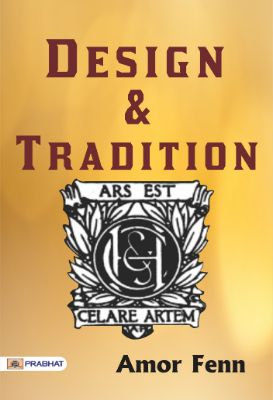
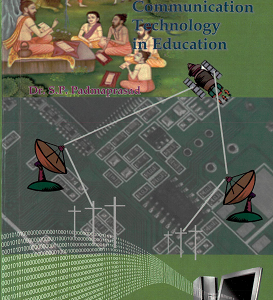
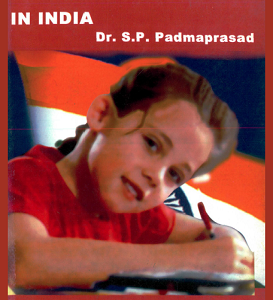

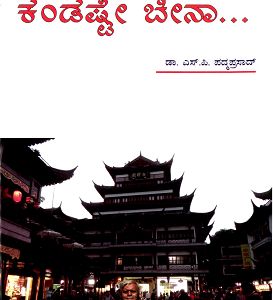

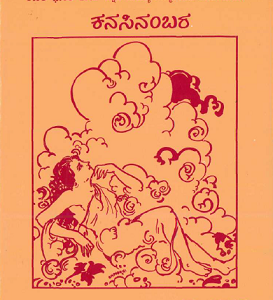

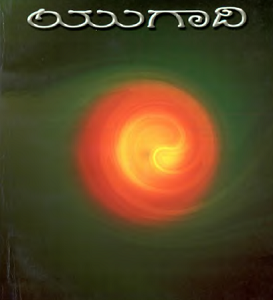
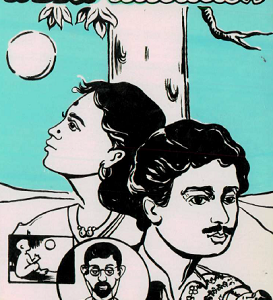
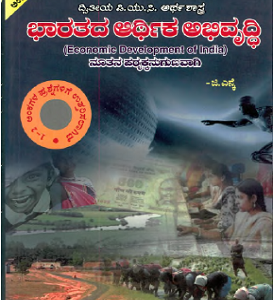


Reviews
There are no reviews yet.